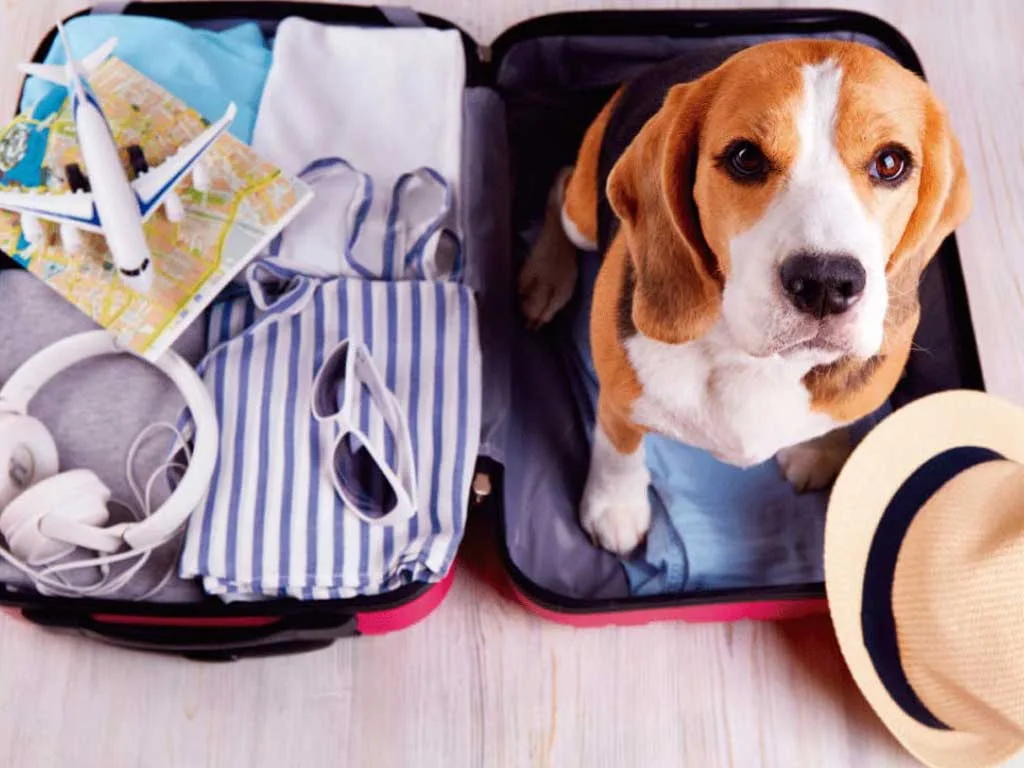As a certified animal behaviourist, I've observed countless pets during relocation.
Recognizing stress signals early allows us to intervene and make the journey more comfortable for your furry family member.
Common Stress Signs in Dogs:
1. Excessive panting or drooling
2. Pacing or restlessness
3. Whining or barking more than usual
4. Loss of appetite
5. Destructive behavior
Common Stress Signs in Cats:
1. Hiding or withdrawal
2. Excessive vocalization
3. Changes in grooming habits
4. Litter box avoidance
5. Aggressive behavior
Immediate Comfort Techniques:
For Dogs:
- Use calming pheromone sprays in the travel crate
- Provide a favorite toy or blanket with familiar scents
- Practice deep breathing exercises near your dog (they often mirror our energy)
- Gentle massage around the ears and shoulders
- Maintain a calm, reassuring voice
For Cats:
- Create a quiet, dim environment in the carrier
- Use Feliway or similar calming pheromones
- Avoid forced interaction; let them retreat if needed
- Soft, rhythmic talking can be soothing
- Minimize sudden movements or loud noises
Prevention Strategies:
Start preparation weeks before travel:
- Gradually increase time spent in the travel carrier
- Take short car rides to build positive associations
- Maintain normal feeding and exercise routines as much as possible
- Consider natural calming supplements (consult your vet first)
When to Seek Professional Help:
If stress signs persist or worsen, consult with a veterinary behaviourist. In some cases, anti-anxiety medication may be recommended for the journey. Remember, every pet is unique. What works for one may not work for another. Professional pet relocation services have experience managing stress in all types of pets and can provide personalized strategies for your pet's specific needs.



